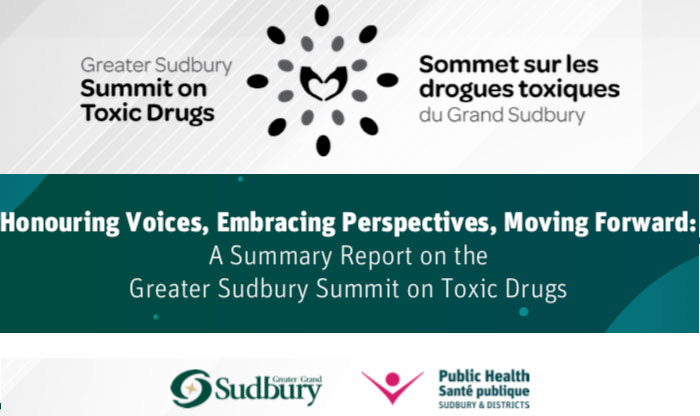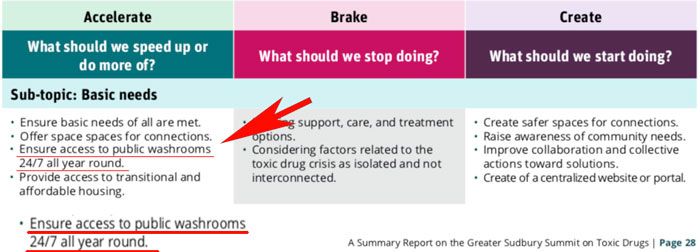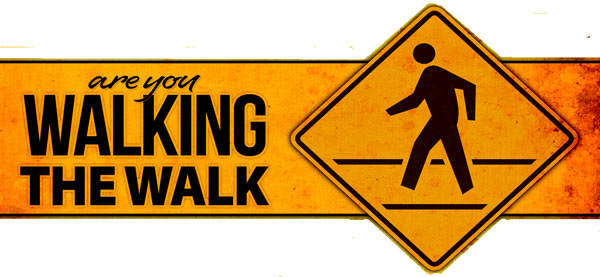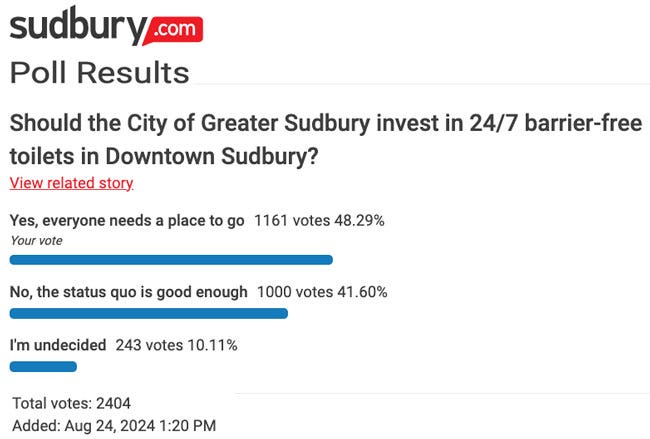Greater Sudbury leaders say one thing, then do something else
A gentleman would be ashamed should his deeds not match his words. —Confucius
Washrooms behind the YMCA. Open Monday to Friday, daytime hours only, closes in October.
In 2023, despite requests from some of the downtown merchants and after a small protest at Tom Davies Square, the City of Greater Sudbury the city stated that it would not provide 24/7 washroom facilities in the downtown.
In December 2023, this Summit on Toxic Drugs was co-chaired by Public Health Sudbury & Districts and the City of Greater Sudbury. A total of 189 community leaders including people with lived and living experience of substance use came together to listen and reflect, with a commitment to finding solutions and a better way forward.
The participants agreed to speed up the provision of basic needs for the city’s drug addicted.
One of the Basic Needs Items that were to be Accelerated was to “Ensure access to public washrooms 24/7 all year round.” (Page 28 in the Report.)
Calls for action
All Summit participants were called upon to determine how they could advance the priorities in their own sphere of control or influence. (Page 8)
Obviously, this action item is in Greater Sudbury’s sphere of control.
Structural stigma
Promote awareness among all sectors of the issue and impacts of structural stigma and support practices and policies to promote inclusion and change norms, ensuring everyone is treated with dignity and respect. (Page 9)
The Summit’s Report repeated some of the important themes.
Table 1: Priorities for action
Structural stigma
Promote awareness among all sectors of the issue and impacts of structural stigma and support practices and policies to promote inclusion and change norms, ensuring everyone is treated with dignity and respect. (Page 31)
Key takeaways for a public health approach to the toxic drug crisis:
Item 2: There is much need to counter stigma and discrimination in order to engage meaningfully with the people most affected. (Page 20)
There is more.
Following the Summit
All summit participants were expected to consider the dialogue and priorities from the Summit and advance actions applicable to their own sector or sphere of control or influence.
A clear and emphatic message from all Summit participants was that the toll of preventable deaths and suffering from toxic drugs requires cross-community commitment to collective action. The current state is unacceptable. Local solutions must be grounded in those whose lives are affected by the crisis. Local action—in promoting health and resiliency, in ensuring opportunities for healthy living conditions, and in providing stigma-free client-centred care—will add up to personal dignity, lives saved, and suffering averted for the people of Greater Sudbury. It is a collective duty. (Page 11)
Greater Sudbury’s sphere of control
Mayor Paul Lefebvre, seven councillors, 20 city staff, 18 public health representatives and 19 primary and acute care employees attended this Summit so they all had to be aware of this “Basic Need” that should be “Accelerated”. After all, they participated in its creation.
Walk the talk
Once the conference was over, the city’s participants not only didn't do anything to provide the 24/7 all year round washrooms, they deny that not providing them is a human rights issue. They further claim that it would cause the city undue hardship to provide the 24/7 all-year washroom facilities because the funding is not in the budget.
The homeless downtown are left with no open washrooms from twelve to fourteen hours a day.
You can read about it in this news story.
What happened to the listen with empathy and compassion?








